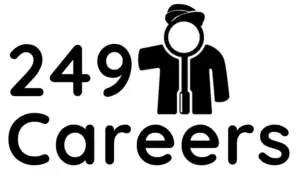Types of CVs:
- Chronological CV: Is the traditional and most popular type of CV.
- Skills-based CV: Is a more useful type of CV that is useful when one has gaps in their employment or have limited expereince. The focus of the this CV is to demonstrate the skills relevant to the job.
- Academic CV: Used when applyign for academic roles. Main difference between this type and the Chronological CV is that it includes sections about Publications, Academic Awards and Research interests.
- Law CV: Commerical awareness is important is his type of CV. Make sure to include all of your commercial-relevant experiences if tou are going to use this type of CV.
General Tips
The key point is to tailor and shape your CV depending on the specific job role your are applying to. Aviod vague and regularly used phrases such as “I have always been…”. Provide a professional email address. Keep it concise and organised by clearly dividing up the various sections.
Cover up gaps in your education/employment history by mentioning online courses, volunteering work, charity work or any new hobbies and try to explain the gaps as much clearly as you can.
Important sections:
- Profile: Summarises who you are and your key features and skills.
- Education
- Work experience
- Skills
- Achievements and Interests
- References
Helpful CV checkers
- Careerset: A very useful CV checker website trusted by the University of Cambridge. Unfortunately to login and fully access all resources available you have to be enrolled in a UK university. However, if you navigate to “Resources” there are freely available videos and webinars which provide great tips on how to improve your CV.
- Vmock: Is a free to use, powerful AI powered software. You can easily create an account and upload your CV to get an instant feedback. Your CV is assessed by the software against numerous metrics giving a detailed and straightforward feedback and tips on how to improve.

